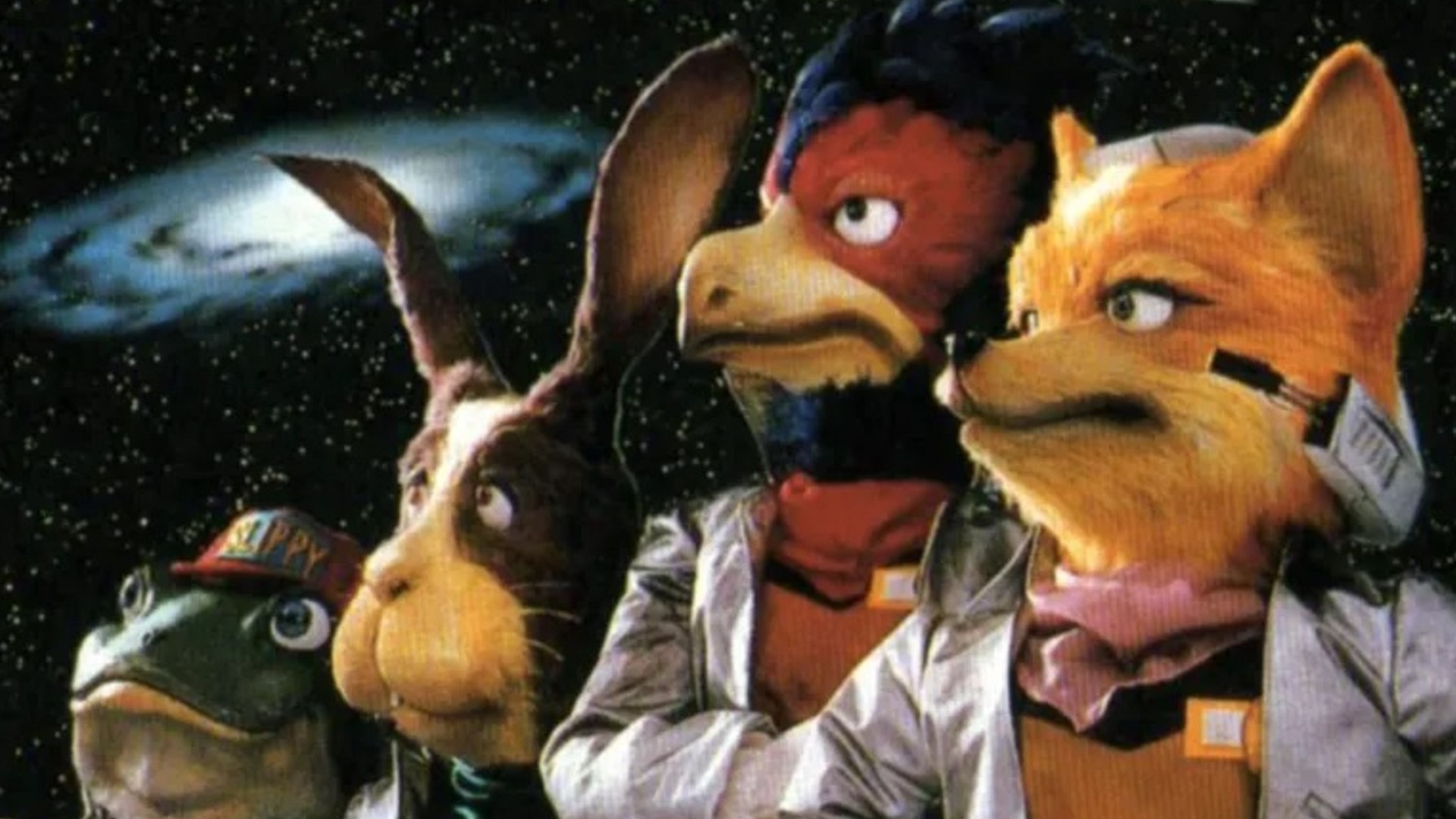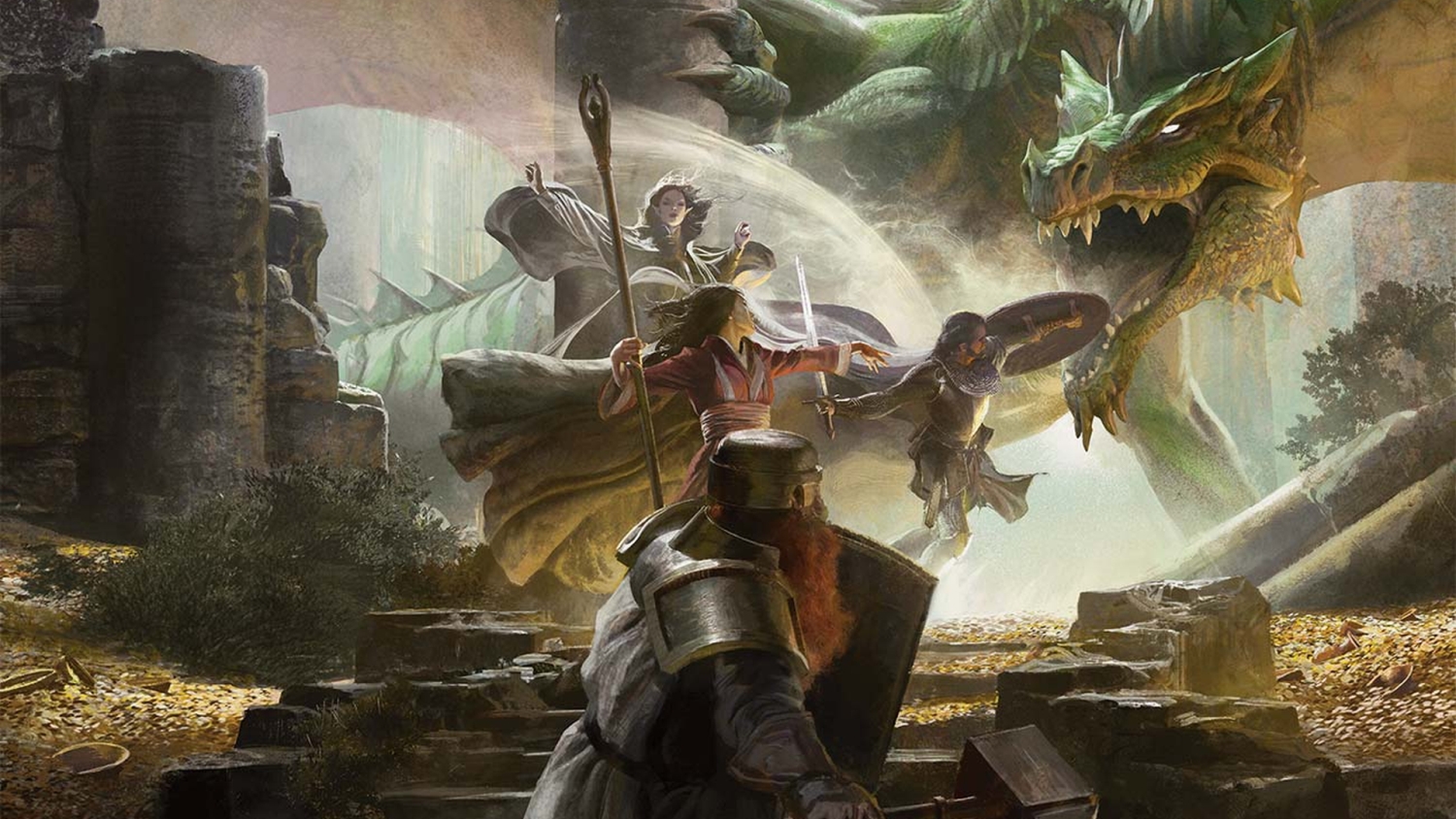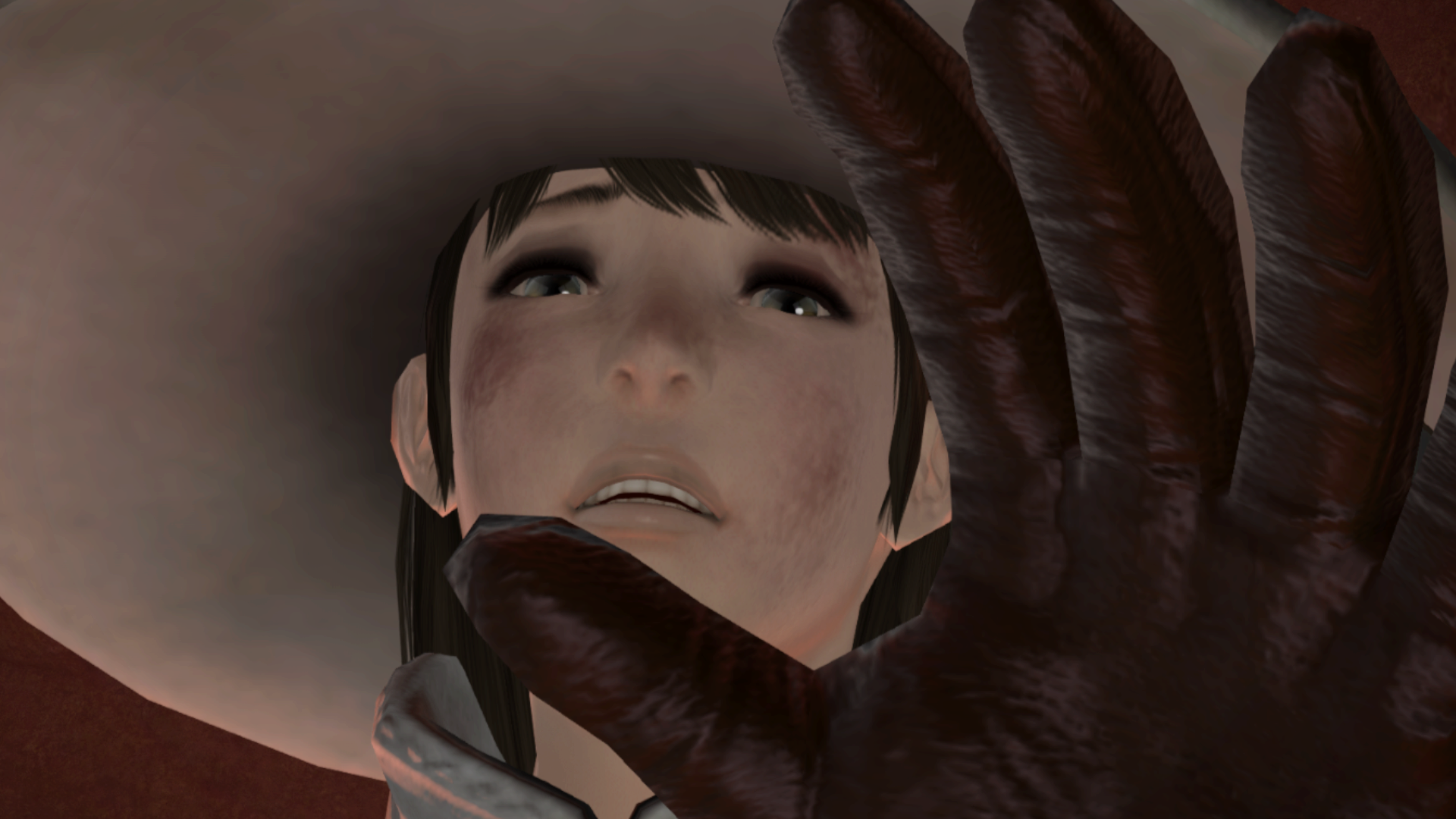
Gears of War: E-Day Needs to Rediscover The Series’ Summer Blockbuster Sense of Fun
This year’s Xbox Games Showcase was a bit of a treat for fans of chainsaws and chest-high cover. Gears of War: E-Day, a prequel set during the earliest days of the Locust invasion, is set to throw us back into the boots and bandana of original protagonist Marcus Fenix. It’s an interesting direction; we’re coming up on the fifth anniversary of Gears 5, meaning it’s been nearly half a decade since Kait’s story was left on a cliffhanger. But throwing back to the era of the original trilogy has me thinking that developer The Coalition is taking the chance to look backwards as much as it does forward for what comes next. With E-Day, I hope Gears of War can rediscover its ’80s and ’90s summer blockbuster-style sense of fun.
Epic Games’ original Gears of War trilogy thrived on being the video game version of Predator’s muscle-bound “son of a bitch” handshake. So butch it was actually camp, Gears dripped with the kind of outrageous machismo that flowed like sweat through the back catalogue of ‘80s action heroes. Led by a foursome of WWE-likes clad in LED-accented armour panels, there was nothing too absurd for the game that bolted a chainsaw to an assault rifle. The contrasting personalities of gruff Marcus, loyal Dom, sarcastic Baird, and energetic Cole ensured continuous, enjoyable bickering throughout the three campaigns. Meanwhile, a perpetual desire to one-up whatever came before resulted in escalating set-piece grandiosity. Gears of War had ambition in many areas of game design, but the place it really delivered was in sheer Hollywood blockbuster fun. Combine Predator, Terminator 2, and Aliens, make it playable, and you have Gears of War.
The Coalition’s sequel trilogy (I can only assume it’ll be a trilogy, considering the story’s structure thus far) is a different beast. While strongly adhering to the original mechanical pillars of weighty combat and squelchy dismemberment, the storytelling and campaign design in Gears 4 and 5 have progressively moved further and further away from Epic’s formula. In an effort to establish a fresh identity for its instalments The Coalition has opted to tell a more serious story. But in chasing that new angle, I feel the studio has traded Gears’ personality for something more trendy (and, as a result, less memorable.)
Treading the same ground as Hollywood’s current obsession with ‘legacy’ sequels, The Coalition’s Gears games feature a new roster of young protagonists that work alongside the heroes of the original trilogy. At the centre of them is Kait Diaz, a former outsider who finds herself working for the COG government military despite her reservations. It’s a genuinely good story; I particularly like how it examines the lives of those attempting to live outside the COG’s boundaries, and the reasons why some would opt for the safety of an authoritarian regime.
Gears of War thrived on being the video game version of Predator’s muscle-bound “son of a bitch” handshake.
Linking her to the original trilogy is JD, son of Marcus Fenix. Following the template laid down by the Star Wars sequels, JD needs to pull Marcus back into action when old threats reappear. But JD and Marcus’ relationship is strained, resulting in a story that neatly slots into the ‘sad dad’ section of the library alongside The Last of Us and God of War. Don’t get me wrong, it’s good stuff, but it all feels a bit, well…. PlayStation. Both Kait and JD’s stories are deeper and smarter and more accomplished in a way that makes them feel a bit homogenised among current rival console exclusive trends. I sort of can’t believe I’m saying this, but I wish that Gears was a bit dumber.
That self-seriousness can be found in the mechanical design of The Coalition’s campaigns, too. Gears 5 made the wise decision to push beyond the linear structure of its predecessors, opting for freely explorable hub worlds filled with side quests. But while I like the idea in principle, in practice the open world feels quiet and lonely. Piloting the Skiff between locations is uneventful, and the core objectives feel very grounded. Compare this to ‘Intestinal Fortitude’, the chapter of Gears of War 2 set entirely in the digestive tract of a Riftworm, and it’s night and day. Delta Squad has to navigate rivers of bile, chomping teeth, and networks of intestines in a battle to reach the hearts of a giant rock-eating worm that sinks entire cities. The chapter concludes as a blood-soaked Marcus uses a chainsaw to tear apart the creature’s colossal cardiovascular system. It’s this kind of outrageous nonsense that makes Gears what it is, and there’s sadly nothing that rides the same high in Gears 4 or 5.
There’s similar restraint in The Coalition’s enemy and encounter design, too. The newly reborn Locust ‘Swarm’ initially comes with the brilliant Snatcher, a monster capable of quite literally kidnapping you. It brings a new, alien intensity to any encounter it appears in, especially in co-op when it’s down to other players to kill the Snatcher before it can run away with you. But this beast has been the highlight for two games now, with the majority of Gears 4 and 5’s enemy forces being made up of returning or minorly adjusted Locust types. While rewinding time is a minefield for the lore, I’m still hoping that E-Day will be able to introduce something as outlandish as the Lambent; the drugged-up, tentacle-sprouting explosive freaks that made Gears of War 3 such an energetic conclusion to the original trilogy. Perhaps an early, incredibly aggressive faction of Locust that will be wiped out before the events of Gears of War?
There’s a sign that things are set to change, though. Hivebusters, the DLC campaign for Gears 5, is a near ideal blend of The Coalition’s storytelling strengths and the Schwarzenegger vibe of the Epic era. It shifts the perspective to Team Scorpio, a trio that genuinely does feel like an ‘80s action movie ensemble reinvented for the 2020s. I’m particularly fond of Mac, a snappy-mouthed Scotsman who reluctantly joined the COG as part of a suicide mission to avenge his child. His background touches on themes similar to those explored in Kait’s story, but does so without sacrificing the humorous bravado that made the original Gears what it was. That extends to the campaign design, which features wilder, more exciting set pieces than those in Gears 5’s main story. Riding down a river of molten lava on a huge melting vault door may be restrictively linear, but it’s much more fun than The Coalition’s use of open world hubs thus far.
The Coalition has made a couple of great games in Gears 4 and 5. They’re mechanically strong with superbly crunchy combat, and while the hub world design hasn’t fulfilled its potential yet it’s still a worthwhile experiment. Those worlds are threaded with much more human stories, providing a better examination of what the COG and the Locust means for a more ‘on the ground’ group of characters. But I don’t think these great ideas have to come at the expense of the humorous absurdity that made the original Gears trilogy such a Xbox 360 flagship. Hivebusters is a bite-sized indication that there may be a way to combine the wild Hollywood blockbuster flavour of Epic’s original trilogy with the richer, more thoughtful elements so clearly valued by The Coalition.
While the trailer for Gears of War: E-Day is just as moody and serious as ever, there’s already a good sign that things are looking up. In a recent Xbox blog post, creative director Matt Searcy said: “[This is] us revisiting the tone and the feeling of what makes Gears great, but we’re tapping into new techniques, new processes, and new technology that’s going to make the gameplay feel better than ever.” That’s as good a sign as any that things are being put in place to ensure the next step in Gears’ journey is as rip-roaringly fun as it is emotionally resonant.
Matt Purslow is IGN’s Senior Features Editor.







